Jaak sooäär - Zula (2023)
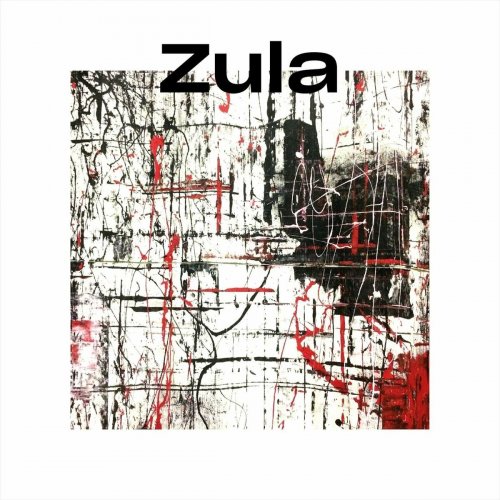
Artist: Jaak Sooäär, Ara Yaralyan, Markku Ounaskari
Title: Zula
Year Of Release: 2023
Label: Self-Released
Genre: Jazz
Quality: FLAC (tracks)
Total Time: 39:15 min
Total Size: 234 MB
WebSite: Album Preview
Tracklist:Title: Zula
Year Of Release: 2023
Label: Self-Released
Genre: Jazz
Quality: FLAC (tracks)
Total Time: 39:15 min
Total Size: 234 MB
WebSite: Album Preview
01. Zula
02. Always Alive
03. Listening to the Night Sky
04. Mia
05. Old Dance
06. New Costume
07. Tsakhik Em Khakhel
08. Waltz in Kadriorg
The trio Sooäär/Yaralyan/Ounaskari, founded in 2016, was chosen as the jazz group of 2022 in Estonia. The band's musicians are Estonian guitarist Jaak Sooäär, Armenian bassist Ara Yaralyan and our own Markku Ounaskar. The trio's third joint recording is at hand, A shooting star was released in 2018 and Goodbye July in 2020, both on the German O-Tone Music label.
Collaborators always tell something about the musician, so let's tell a little about who the musicians have worked with elsewhere. Sooäär has played e.g. With Ray Anderson, Han Bennink, Vladimir Tarasov, Dave Liebman, Will Calhoun and Anders Jormin. Yaralyan's partners have been, for example, Ingrid Jensen and Vardan Ovsepian and Verneri Pohjola and Kari Ikonen from Finland. In the case of Ounaskar, the column space is not enough to scratch the surface, so this time we mention the names Trygve Seim, Arve Henriksen, Anders Jormin, Mats Eilertsen, Lena Willemark and Nils Petter Molvaer from external countries.
The trio's triple album contains mostly music composed by Sooääri. Yaralyan has composed one of the pieces and also arranged an Armenian traditional tune for the album. The whole is tense and controlled, and withstands sudden changes between dark ballad descriptions and energetic groove thrusts.
I'm not surprised that Zula has been chosen as both the opening song and the name of the album, so wonderfully it leads the Jaak Sooäär Trio to the lyrical side of the world. In this essential sector, the trio is strongly expressive and present, the music is reduced, few gestures, concentrated, sensitive and quiet. And the telling excerpt of the song is explained when you know that the composition was inspired by the protagonist of the award-winning film Cold War (2018) by the Polish Pawel Pawlikowski.
Always alive is right after the other side, a tight, dense and energetic crunch, where Ounaskar's rhythms and Yaralyani's groove inspire Sooääri to fly. Sooäär is a very personable musician, who often plays "rhythm guitar" on the record even when he is on top, the solos are then long-distance chord solos, broken chords and playing with the rhythms of chord harmonies are an essential part of the trio's texture. Sooäär himself explains the take in such a way that the trio is, in a way, a piano trio without the piano, and the guitar aspires to the breadth of the piano in the orchestration.
And let's switch sides again, Listening to night sky is a Zula-like hit, very deep in its atmosphere, a real place to calm down. It is a piece that can be played even by jazz allergy sufferers, by any lover of dark-toned beauty.
There is a restrained power in the easy beat of Yaralyan's song Mia. Old dance is calm in its tempo, smooth in its sound. The atmosphere is wonderfully soothing, almost ancient. New costume is a recommended throw-in song for fans of brisker guitar jazz. Tsakhik en khakhel is again the trio's deep atmospherics, although the groove interval after the bass improvisation can surprise. A return to peace and towards silence seals a wonderful song. A waltz inspired by Tallinn's Kadriorg area closes the album, Yaralyani's improvisation plays a significant role and after that everything swings wonderfully under Sooääri's solo exuberance.
Markku Ounaskari does not force himself to appear on this album. The short bursts at the end of the closing track are almost the only moments when the drummer rises above the others in the audio image. But there's no need to exaggerate if you're doing work that's so musical and characterized by a strong overall vision. Ounaskar's rhythmic art is like its own microworld in the world of the Jaak Sooäär trio.
Collaborators always tell something about the musician, so let's tell a little about who the musicians have worked with elsewhere. Sooäär has played e.g. With Ray Anderson, Han Bennink, Vladimir Tarasov, Dave Liebman, Will Calhoun and Anders Jormin. Yaralyan's partners have been, for example, Ingrid Jensen and Vardan Ovsepian and Verneri Pohjola and Kari Ikonen from Finland. In the case of Ounaskar, the column space is not enough to scratch the surface, so this time we mention the names Trygve Seim, Arve Henriksen, Anders Jormin, Mats Eilertsen, Lena Willemark and Nils Petter Molvaer from external countries.
The trio's triple album contains mostly music composed by Sooääri. Yaralyan has composed one of the pieces and also arranged an Armenian traditional tune for the album. The whole is tense and controlled, and withstands sudden changes between dark ballad descriptions and energetic groove thrusts.
I'm not surprised that Zula has been chosen as both the opening song and the name of the album, so wonderfully it leads the Jaak Sooäär Trio to the lyrical side of the world. In this essential sector, the trio is strongly expressive and present, the music is reduced, few gestures, concentrated, sensitive and quiet. And the telling excerpt of the song is explained when you know that the composition was inspired by the protagonist of the award-winning film Cold War (2018) by the Polish Pawel Pawlikowski.
Always alive is right after the other side, a tight, dense and energetic crunch, where Ounaskar's rhythms and Yaralyani's groove inspire Sooääri to fly. Sooäär is a very personable musician, who often plays "rhythm guitar" on the record even when he is on top, the solos are then long-distance chord solos, broken chords and playing with the rhythms of chord harmonies are an essential part of the trio's texture. Sooäär himself explains the take in such a way that the trio is, in a way, a piano trio without the piano, and the guitar aspires to the breadth of the piano in the orchestration.
And let's switch sides again, Listening to night sky is a Zula-like hit, very deep in its atmosphere, a real place to calm down. It is a piece that can be played even by jazz allergy sufferers, by any lover of dark-toned beauty.
There is a restrained power in the easy beat of Yaralyan's song Mia. Old dance is calm in its tempo, smooth in its sound. The atmosphere is wonderfully soothing, almost ancient. New costume is a recommended throw-in song for fans of brisker guitar jazz. Tsakhik en khakhel is again the trio's deep atmospherics, although the groove interval after the bass improvisation can surprise. A return to peace and towards silence seals a wonderful song. A waltz inspired by Tallinn's Kadriorg area closes the album, Yaralyani's improvisation plays a significant role and after that everything swings wonderfully under Sooääri's solo exuberance.
Markku Ounaskari does not force himself to appear on this album. The short bursts at the end of the closing track are almost the only moments when the drummer rises above the others in the audio image. But there's no need to exaggerate if you're doing work that's so musical and characterized by a strong overall vision. Ounaskar's rhythmic art is like its own microworld in the world of the Jaak Sooäär trio.
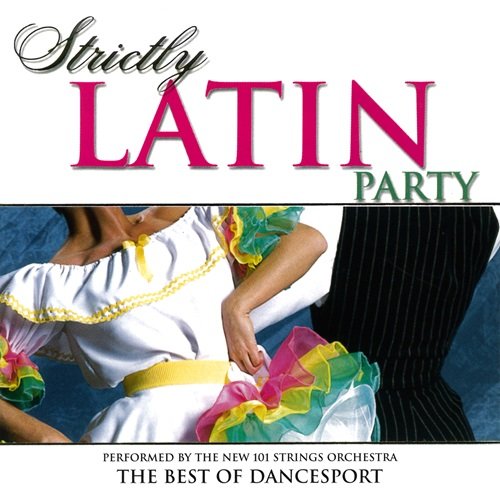
![Bill Evans Trio - Sunday At The Village Vanguard (1961) [2023 DSD256] Bill Evans Trio - Sunday At The Village Vanguard (1961) [2023 DSD256]](https://www.dibpic.com/uploads/posts/2026-02/1770661877_front.jpg)
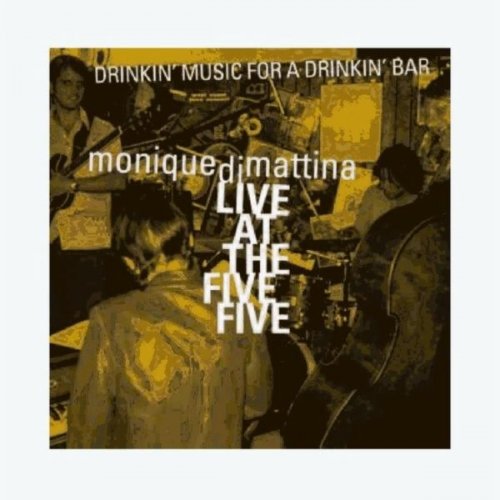
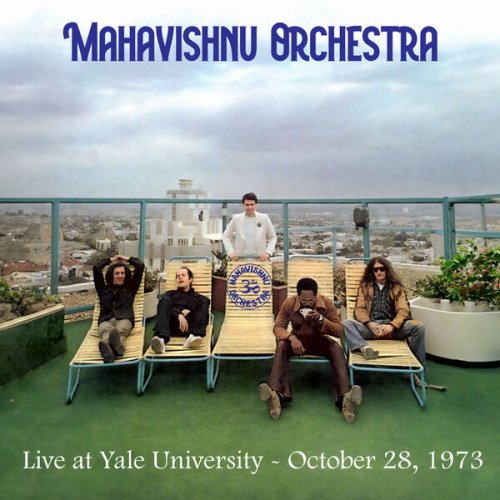
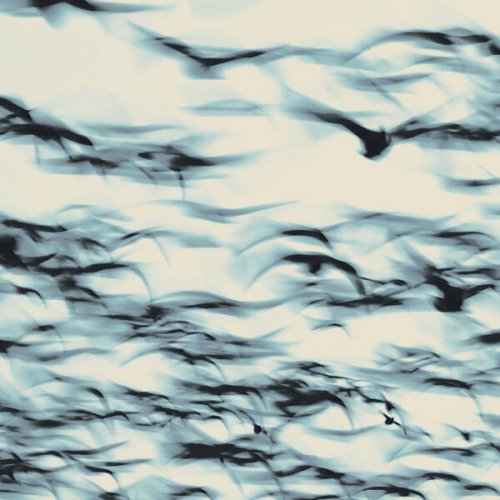


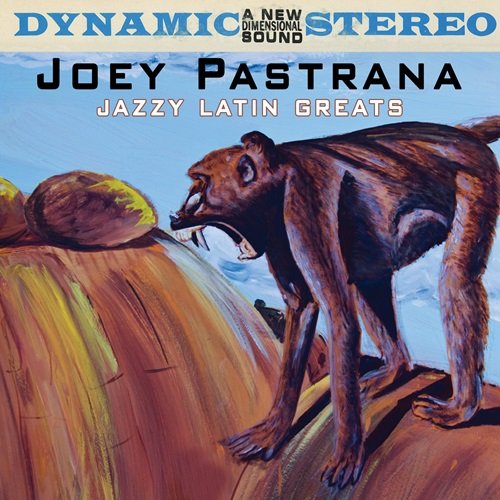
![Miles Davis - Kind Of Blue (1959) [2022 DSD256] Miles Davis - Kind Of Blue (1959) [2022 DSD256]](https://www.dibpic.com/uploads/posts/2026-02/1770649861_front.jpg)